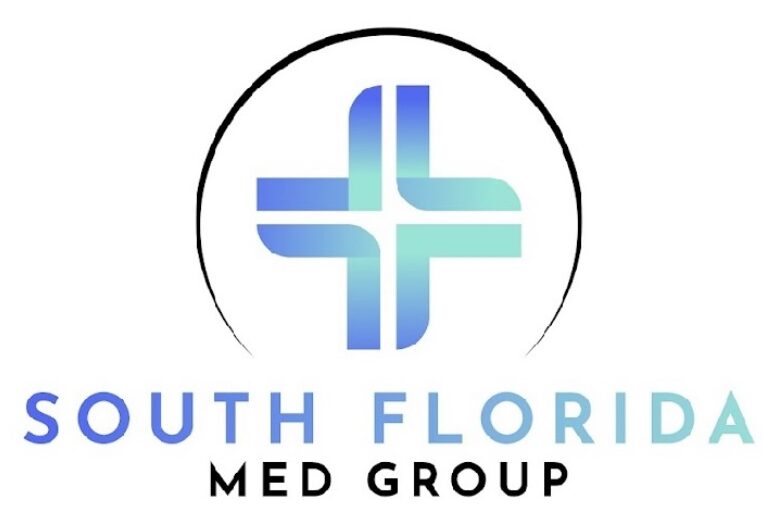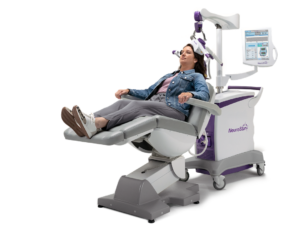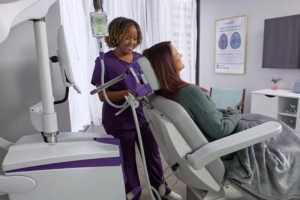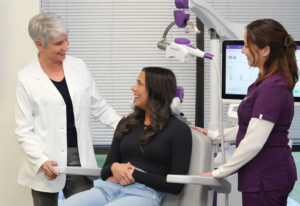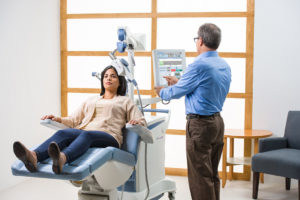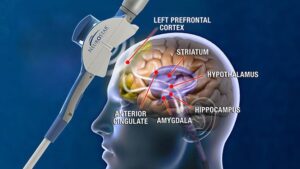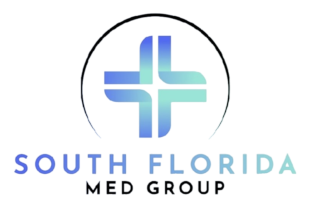Many health issues can be effectively managed or even prevented with regular check-ups and screenings. In this article, we will explore the crucial role of routine health examinations in detecting potential problems early on, as well as the recommended screenings for different age groups and risk factors. Additionally, we will explore into the importance of general medical services in promoting preventive care and empowering individuals to prioritize their health and well-being. Stay tuned to learn how staying proactive with your healthcare can truly make a difference in saving lives.
The Role of General Medical Services
Facilitating Access to Preventive Care
Access to general medical services plays a crucial role in promoting preventive care and early detection of health issues. Regular check-ups and screenings are recommended for individuals of all age groups to ensure timely intervention and treatment. By providing easy access to healthcare facilities and professionals, general medical services help individuals prioritize their health and well-being.
Educating Patients on Health Maintenance
One of the key roles of general medical services is to educate patients on the importance of routine check-ups and screenings for maintaining good health. By empowering individuals with information on age-appropriate screenings and risk factors, healthcare providers can help patients make informed decisions about their health. This knowledge equips individuals to take an active role in preventive care and ultimately leads to better health outcomes.
Age-Appropriate Screenings and Check-ups
Infants and Children
Some infants and children require regular check-ups and screenings to ensure their development is on track and to detect any potential health issues early on. An example of this is the recommended well-child visits, where pediatricians can monitor growth, development, and administer vaccines according to the child’s age and risk factors.
Adolescents
Any adolescents should also undergo routine check-ups and screenings to monitor their physical and emotional well-being as they navigate through the challenges of adolescence. This includes screenings for mental health issues, substance abuse, and sexually transmitted infections, in addition to regular physical exams.
Adolescents are at a crucial stage of growth and development, making it necessary to address any health concerns promptly to promote overall well-being and prevent future health complications.
Adults
Screenings for chronic conditions such as high blood pressure, cholesterol levels, and diabetes are crucial for adults to prevent the onset of serious health issues. Regular check-ups also provide opportunities for healthcare providers to discuss lifestyle factors such as diet, exercise, and stress management to promote optimal health.
Any adults should prioritize preventive care through routine screenings and check-ups to reduce the risk of developing chronic diseases and maintain overall well-being.
Seniors
Adults over the age of 65 require specialized screenings and check-ups to monitor for age-related health conditions such as osteoporosis, Alzheimer’s disease, and vision and hearing loss. These screenings can help identify potential issues early and facilitate timely interventions to improve quality of life in seniors.
The importance of regular screenings and check-ups only increases with age, making it vital for seniors to prioritize preventive care and stay proactive in managing their health.
Screenings Based on Risk Factors and Family History
All individuals should undergo routine screenings based on their individual risk factors and family history to ensure early detection of potential health issues. It is important to consult with a healthcare provider to determine the appropriate screenings based on your specific risk factors, such as age, lifestyle choices, and genetic predispositions. Any family history of diseases such as cancer, diabetes, or heart conditions should be taken into consideration when planning screenings.
Genetic Predispositions and Lifestyle Considerations
Risk factors such as genetic predispositions and lifestyle choices play a significant role in determining the screenings individuals should undergo. For example, individuals with a family history of certain cancers may need to start screenings at an earlier age or undergo more frequent screenings to detect any abnormalities early on. Similarly, lifestyle factors such as smoking, obesity, or sedentary behavior can increase the risk of developing certain health conditions, necessitating additional screenings and preventive measures.
Customizing Screenings to Individual Needs
Customizing screenings based on individual needs is crucial for promoting early detection and prevention of various health issues. Factors such as age, gender, personal health history, and environmental exposures should all be taken into consideration when determining the most appropriate screenings for each individual. By customizing screenings to meet individual needs, healthcare providers can ensure that patients receive the most effective preventive care tailored to their specific risk factors and health goals.
Challenges and Barriers to Routine Health Care
Socioeconomic Factors and Access to Health Services
Now, one of the major challenges in accessing regular check-ups and screenings is the impact of socioeconomic factors on an individual’s ability to seek preventative care. Limited access to healthcare services due to financial constraints or lack of insurance coverage can hinder individuals from receiving timely screenings and check-ups. Knowing that socioeconomic status plays a significant role in healthcare disparities, it’s crucial for communities and policymakers to work towards improving access for all individuals.
Overcoming Misinformation and Fear
On the other hand, misinformation and fear can also act as barriers to individuals seeking routine health care. With the rise of misinformation circulating online and in communities, many individuals may have unfounded fears or beliefs about certain screenings or check-ups. Health education and awareness campaigns play a vital role in addressing such misconceptions and fears, empowering individuals to make informed decisions about their health.
Health education programs, outreach initiatives, and collaboration with healthcare providers can help dispel myths and provide accurate information about the benefits of routine check-ups and screenings. By addressing these challenges head-on, we can work towards ensuring that everyone has access to early detection and preventive care, ultimately saving lives in the process.
Conclusion
From the above discussion, it is clear that routine check-ups and age-appropriate screenings play a crucial role in early detection and prevention of various health issues. By staying up to date with recommended screenings and seeking regular medical care, individuals can take proactive steps to maintain their health and well-being. General medical services play a vital role in promoting preventive care and empowering individuals to prioritize their health. Be mindful of, early detection saves lives, so don’t neglect the importance of regular check-ups and screenings for a healthier future.
